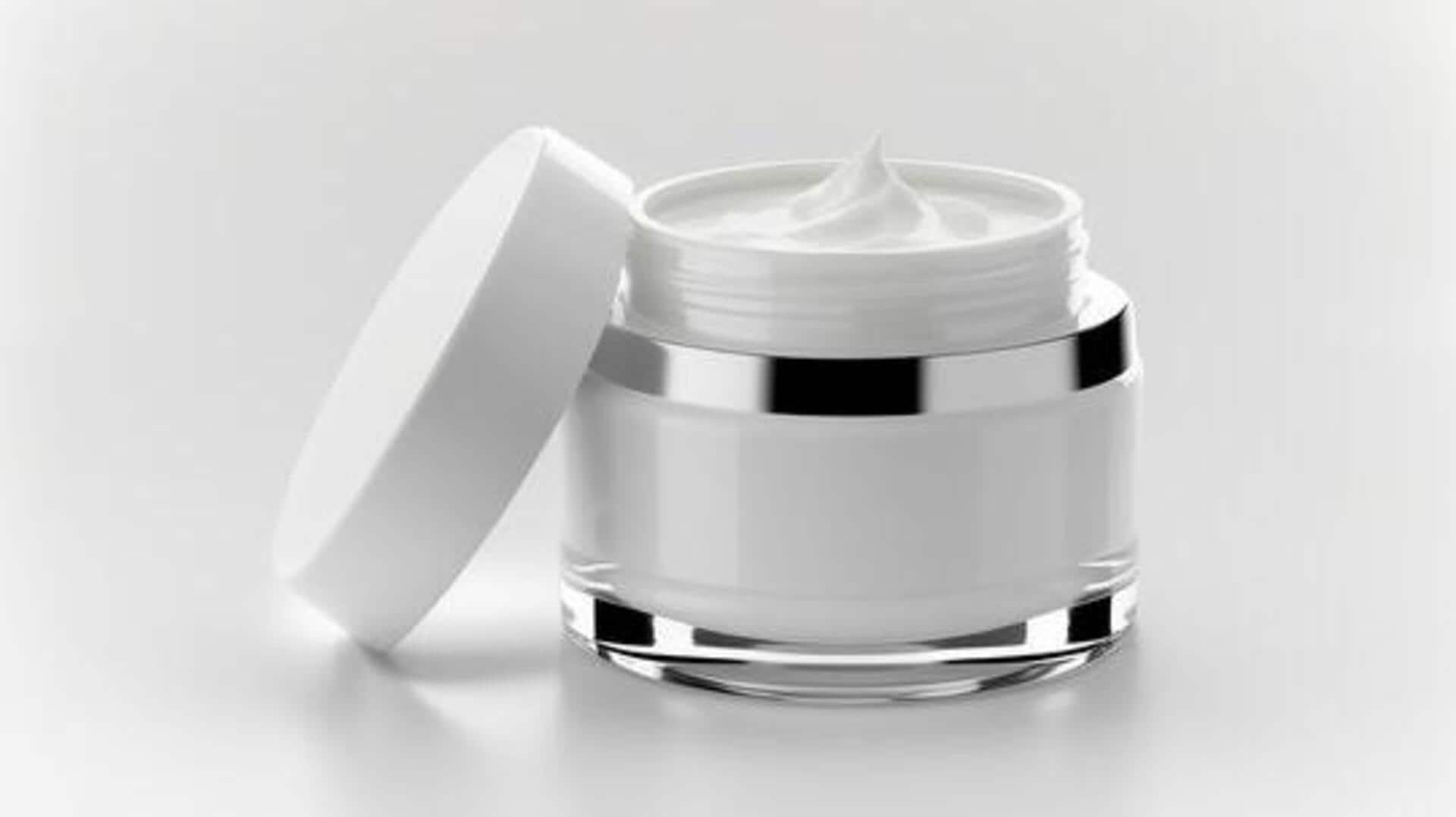
Are anti-aging creams effective?
What's the story
The allure of anti-aging creams is undeniable, promising to turn back the clock and rejuvenate the skin. With a market flooded with products claiming miraculous results, it's essential to examine whether these creams hold up under scientific scrutiny. From what are these creams made of to their effectiveness and whether they are backed by science, here's all about anti-aging creams.
#1
Ingredients matter
The effectiveness of anti-aging creams often hinges on their ingredients. Common components like retinoids, peptides, and antioxidants are frequently highlighted for their potential benefits. Retinoids can promote cell turnover and collagen production, while peptides may support skin structure. Antioxidants help combat free radicals that contribute to aging. However, the concentration and formulation of these ingredients play a crucial role in determining their efficacy.
#2
Scientific studies on effectiveness
Several studies have been conducted to evaluate the effectiveness of anti-aging creams on skin health. Some research suggests that specific formulations can enhance skin texture and reduce fine lines overtime. But, the outcome largely varies depending on product formulation, skin type, etc. While some users notice visible improvements, others may see little to no difference despite regular usage.
#3
The role of lifestyle factors
Lifestyle factors play a major role in how effective anti-aging creams are. A well-balanced diet with plenty of vitamins and minerals supports overall skin health along with topical treatments. Staying hydrated is also essential to keep skin elastic and reduce signs of aging. Further, protecting your skin from sun exposure using sunscreen can amplify the effects of anti-aging products by preventing further damage.
#4
Cost vs benefit analysis
Anti-aging creams vary in price from affordable to luxurious ($10 to several hundred dollars/jar). Cost doesn't always mean effectiveness; some low-end products have the same active ingredients as high-end ones, but in different concentrations/formulations. Consumers should assess if a product's price matches its promised benefits before deciding to buy.
#5
Consumer expectations vs reality
It's also worth noting that consumer expectations often go beyond what any cream can deliver. This is largely due to marketing claims promising dramatic transformations overnight or in days, something that is rarely achievable without professional interventions (dermatological procedures, surgeries, etc.). Instead, gradual improvements over weeks or months could be the more realistic outcome of using these skincare solutions consistently, as per instructions by manufacturers.